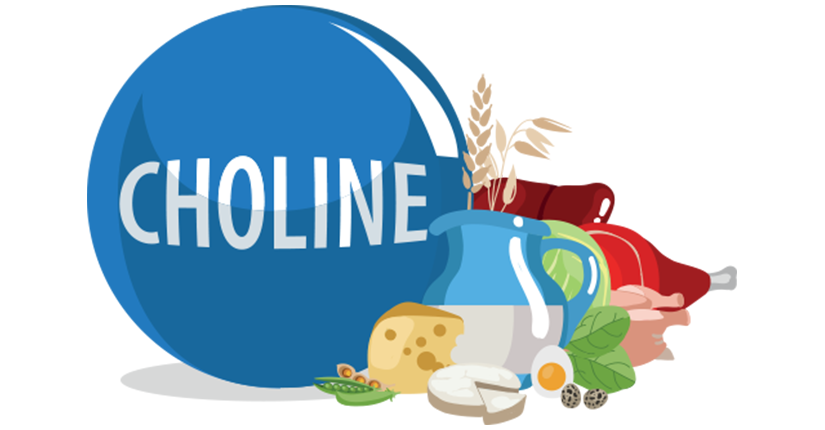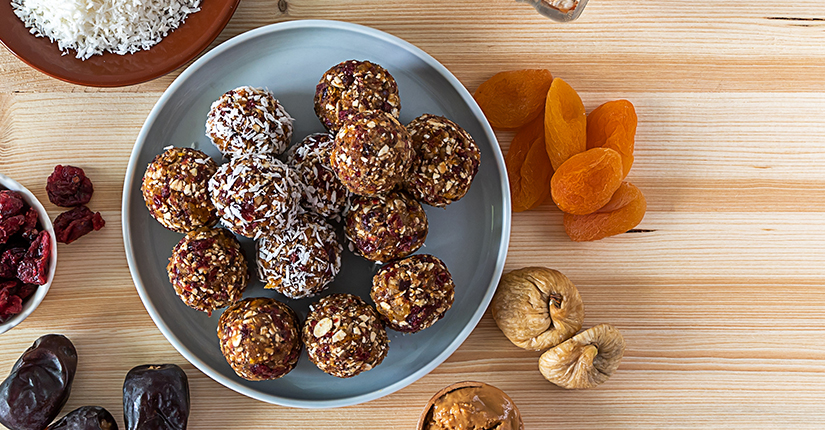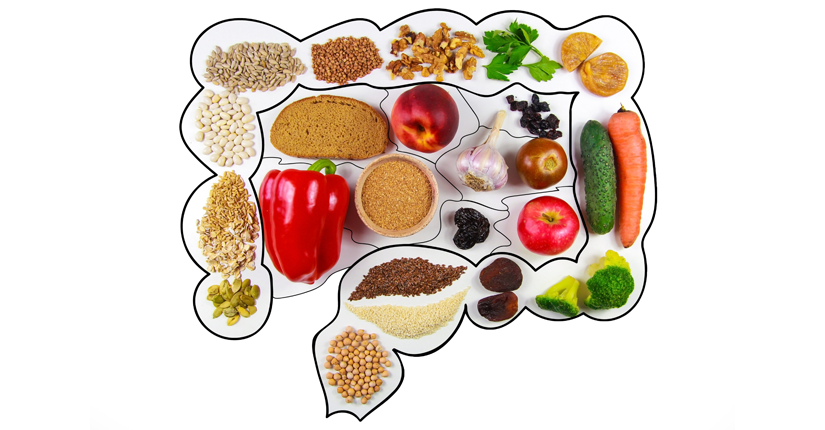Nature’s Sweetness: Exploring the Relationship Between Fruits and Diabetes
By Nmami Agarwal 17-Jun 2023 Reading Time: 22 Mins

Diabetes is a chronic disease that affects millions of people worldwide. It can be challenging to manage, especially when it comes to making dietary choices. Fortunately, nature provides us with a variety of fruits that can help diabetics maintain their health and well-being. Fruits are packed with essential vitamins, minerals, and antioxidants that are necessary for a healthy body. However, many people with diabetes are hesitant to consume fruits because of their high sugar content. The reality is that not all fruits are created equal, and some can be beneficial for diabetics when consumed in moderation. In this blog post, we will explore some of the lesser-known benefits of fruits for diabetics, including their ability to regulate blood sugar levels, reduce the risk of heart disease, and improve digestive health. So, if you’re a diabetic who wants to enjoy the benefits of nature’s gift, read on to learn more about the surprising benefits of fruits for diabetics.
Role of fruits in tackling with diabetics
Fruits are nature’s gift to humankind and are packed with essential nutrients, vitamins, and minerals that are beneficial for overall health. For diabetics, fruits can be an important part of their diet and offer a range of benefits that can help manage their condition effectively. While some people believe that fruits should be avoided by diabetics due to their natural sugar content, this couldn’t be further from the truth. The sugar in fruits is different from the added sugars found in processed foods, as it is naturally occurring and accompanied by fiber, which helps to slow down the absorption of sugar into the bloodstream. This means that fruits are a great source of energy for diabetics, without causing a sudden spike in blood sugar levels. Additionally, fruits are low in calories and high in fiber, making them an ideal snack option for diabetics who are trying to manage their weight. In this blog post, we will explore the surprising benefits of fruits for diabetics and how they can be incorporated into a healthy diet to improve overall well-being.
Blood sugar levels and fruits
Understanding the relationship between fruit and blood sugar levels is important for diabetics. Fruits are known for their natural sweetness, which is why many people assume they are not suitable for diabetics. However, most fruits are low in glycemic index (GI) and high in fiber, making them a great choice for diabetics. The glycemic index is a measure of how quickly foods raise blood sugar levels. Foods with a high glycemic index, like white bread and sugary drinks, can cause a rapid spike in blood sugar levels. On the other hand, foods with a low glycemic index, like fruits and vegetables, can help regulate blood sugar levels and prevent spikes. Fruits are also high in fiber, which is important for regulating blood sugar levels. Fiber slows down the absorption of sugar in the bloodstream, which can help prevent spikes in blood sugar levels. Additionally, fiber can help diabetics feel full and satisfied, which can prevent overeating and promote weight loss. It’s important to note that not all fruits are created equal when it comes to blood sugar regulation. Diabetics should aim for fruits that are low in glycemic index and high in fiber, such as berries, apples, pears, and citrus fruits. They should also avoid fruit juices and dried fruits, which are often high in sugar and have a higher glycemic index. Overall, understanding the relationship between fruit and blood sugar levels is important for diabetics. While fruits are often associated with sugar, they can be a great addition to a diabetic’s diet when chosen wisely.
Most beneficial fruits for diabetics with high fiber and low glycemic index
The best fruits for diabetics are those that are high in fiber and have a low glycemic index. Fiber is important for slowing down the digestion process, which in turn slows down the release of glucose into the bloodstream. This helps to prevent blood sugar spikes, which can be dangerous for diabetics. Fruits that are high in fiber include berries, apples, pears, and kiwi. Berries, in particular, are a great choice for diabetics as they are low in calories and high in antioxidants. Blueberries, raspberries, and strawberries are all great options. Fruits with a low glycemic index are also important for diabetics as they do not cause a rapid increase in blood sugar levels. Some of the best fruits with a low glycemic index include cherries, plums, peaches, and grapefruit. These fruits can be eaten in moderation as part of a healthy diet for diabetics. It’s important for diabetics to monitor their blood sugar levels regularly and to speak with their healthcare provider about incorporating fruits into their diet. With the right choices, fruits can provide many health benefits for diabetics and can be a tasty addition to their meals and snacks.
The importance of portion control
When it comes to managing diabetes, portion control is crucial. This is especially true when consuming fruits, which are often high in natural sugars such as fructose. While fruits can provide essential nutrients and fiber, they can also cause a spike in blood sugar levels if consumed in excess. For this reason, it’s important for diabetics to be mindful of their fruit intake and to practice portion control. A good rule of thumb is to aim for one serving of fruit per meal, which is typically equivalent to one medium-sized piece of fruit or half a cup of chopped fruit. It’s also important to choose fruits that have a lower glycemic index, such as berries, cherries, and apples, as these will have a less significant impact on blood sugar levels. Avoid fruits that are high in natural sugars, such as bananas, grapes, and mangoes. By practicing portion control and choosing the right types of fruits, diabetics can enjoy the many benefits that fruits have to offer while still maintaining good blood sugar control. Additionally, it’s important to remember that fruits should not replace other essential sources of nutrients in the diet, such as vegetables, lean proteins, and whole grains. A balanced diet is key to managing diabetes effectively.
Fitting fruits into diabetic meal plan
Incorporating fruits into a diabetic meal plan can seem daunting at first, but it’s actually quite simple. First, it’s important to choose fruits that have a low glycemic index, meaning they won’t cause a rapid spike in blood sugar levels. Berries, such as strawberries, raspberries, and blueberries, are great options as they are low in sugar and high in fiber, which helps to slow down the absorption of sugar in the bloodstream.
Next, it’s important to consider the portion size. While fruits are healthy, they still contain natural sugars that can affect blood sugar levels. A general rule of thumb is to stick to one serving size, which is usually about a cup of fresh fruit or half a cup of canned or frozen fruit. Another way to incorporate fruits into a diabetic meal plan is by adding them to other dishes. For example, you can add berries to a salad, or use sliced apples as a topping for oatmeal or yogurt. You can also blend fruits into smoothies, along with low-fat yogurt or milk, to create a delicious and healthy drink. It’s important to keep in mind that while fruits are a healthy addition to a diabetic meal plan, they should not be the sole focus. It’s important to also incorporate other healthy foods, such as lean protein, whole grains, and vegetables, to create a balanced and nutritious meal plan. With the right approach, incorporating fruits into a diabetic meal plan can be a simple and delicious way to manage blood sugar levels and improve overall health.
Fruits that should be avoided or limited
While fruits are generally beneficial for diabetics, there are some fruits that should be avoided or limited due to their high sugar content. This is because fruits contain natural sugars, known as fructose, which can still cause a spike in blood sugar levels if consumed in excess. Some fruits that should be avoided or limited by diabetics include mangoes, grapes, cherries, bananas, and dried fruits like raisins and dates. These fruits are high in sugar and can cause a sudden increase in blood sugar levels, which can be harmful to those with diabetes. However, it is important to note that moderation is key. Fruits should not be completely eliminated from a diabetic’s diet as they provide essential vitamins, minerals, and fiber. Instead, portion control is important when consuming fruits that are higher in sugar content. It is always recommended to consult a doctor or a registered dietitian to develop a personalized diet plan that suits individual needs and requirements.
The benefits of antioxidants in fruits for diabetics
Antioxidants are essential for diabetics as they help protect the body from damage caused by free radicals. These free radicals are produced when the body breaks down food or when you are exposed to environmental toxins such as pollution or radiation. Antioxidants work by neutralizing these free radicals, which can help prevent damage to cells and tissues in the body. Fruits are an excellent source of antioxidants. Many fruits, particularly berries, are rich in compounds called polyphenols. These are potent antioxidants that can help protect the body against damage caused by free radicals. Polyphenols are also anti-inflammatory, which can help reduce inflammation in the body. Numerous studies have shown that consuming fruits high in antioxidants can help improve insulin sensitivity and reduce the risk of developing type 2 diabetes. For diabetics, consuming fruits that are low in sugar and high in fiber is an excellent way to obtain the benefits of antioxidants without causing blood sugar spikes.
Some delicious and healthy fruits that are low in sugar and high in fiber include berries, kiwis, oranges, and grapefruits. Incorporating these fruits into your diet can help improve your health and well-being, and provide you with a delicious way to manage your diabetes.
Fruits as an essential nutrients
Fruits offer a wide range of essential nutrients that are important for diabetics to maintain good health. While it is true that fruits contain natural sugars, they are also rich in fiber, vitamins, minerals, and antioxidants. All of these nutrients are crucial for maintaining optimal blood sugar control, as well as preventing and managing diabetic complications. Fruits are a great source of dietary fiber, which is important for slowing down the absorption of sugars into the bloodstream. This helps to prevent sudden spikes in blood sugar levels. In addition, fiber also promotes satiety and helps to control appetite, which can be helpful in managing diabetes-related weight gain.
Fruits are also rich in vitamins and minerals, such as vitamin C, potassium, and magnesium. These nutrients are important for maintaining a healthy immune system, regulating blood pressure, and supporting muscle and nerve function. Diabetics are often at a higher risk of developing cardiovascular disease, and consuming fruits can help to reduce this risk by promoting heart health. Finally, fruits are also a great source of antioxidants, which help to protect the body from damage caused by free radicals. This damage can lead to chronic inflammation, which is a risk factor for a range of health conditions, including diabetes. By consuming fruits that are rich in antioxidants, diabetics can help to reduce their risk of developing chronic inflammation, as well as other complications associated with diabetes.
The role of fruits in weight management for diabetics
One of the biggest concerns for diabetics is managing their weight. Fruits are a great addition to any weight management plan, not only for diabetics but for anyone looking to maintain a healthy weight. Fruits are low in calories, high in fiber, and loaded with essential vitamins and minerals. They can also help satisfy sweet cravings without the added sugars found in many desserts and snacks. For diabetics, it’s important to choose fruits that are lower in sugar and have a low glycemic index to help manage blood sugar levels. Some examples of low glycemic index fruits include apples, berries, and citrus fruits. Incorporating fruits into meals and snacks can also help diabetics feel fuller for longer periods of time, which can prevent overeating and snacking on unhealthy options. It’s important to remember that fruits are not a replacement for medication or proper medical care for diabetes. However, incorporating fruits into a healthy diet can provide numerous benefits for diabetics, including weight management, improved blood sugar control, and overall better health.
Conclusion: The benefits of including fruits in a diabetic diet
In conclusion, fruits are an essential part of a healthy diet, and they are particularly beneficial for diabetics. They are packed with essential vitamins, minerals, and fiber that help to regulate blood sugar levels, improve heart health, and reduce the risk of complications associated with diabetes. By including a variety of fruits in their diet, diabetics can enjoy a range of health benefits that will help them to manage their condition and live a healthier, happier life. It’s important to remember that while fruits are healthy, they do contain natural sugars that can cause blood sugar levels to spike if eaten in excess. Diabetics should always work with a dietitian or healthcare professional to determine the right portion sizes and frequency of fruit consumption for their individual needs. Additionally, it’s important to choose fruits that are lower in sugar, such as berries, cherries, and grapefruit, over higher sugar fruits like pineapples and mangoes. Overall, including fruits in a diabetic diet is a smart and delicious way to promote good health and manage blood sugar levels. With so many varieties to choose from, there’s no reason why diabetics should miss out on the many benefits that nature’s gift has to offer. So, go ahead and indulge in some fresh, juicy fruit today!





















